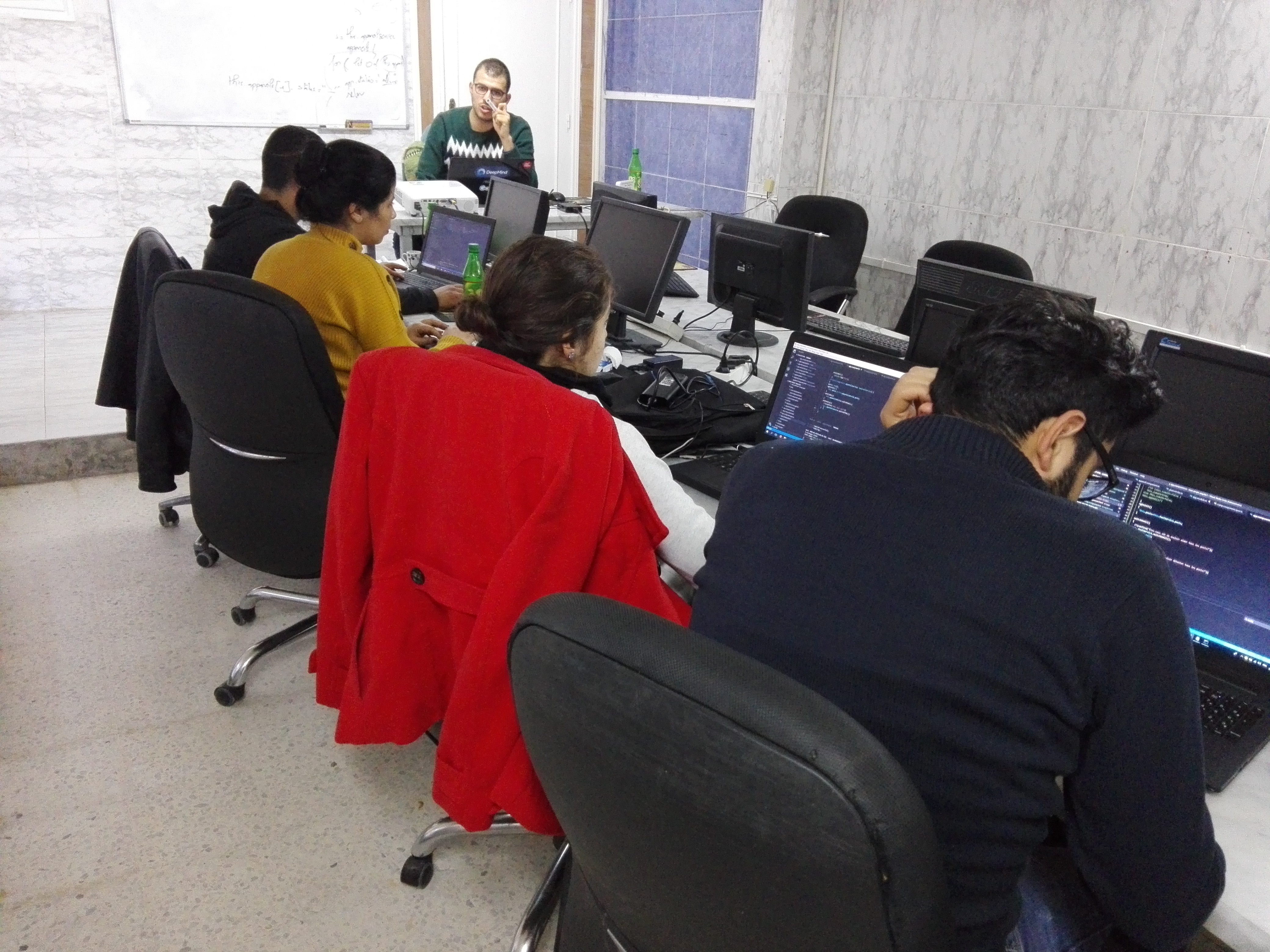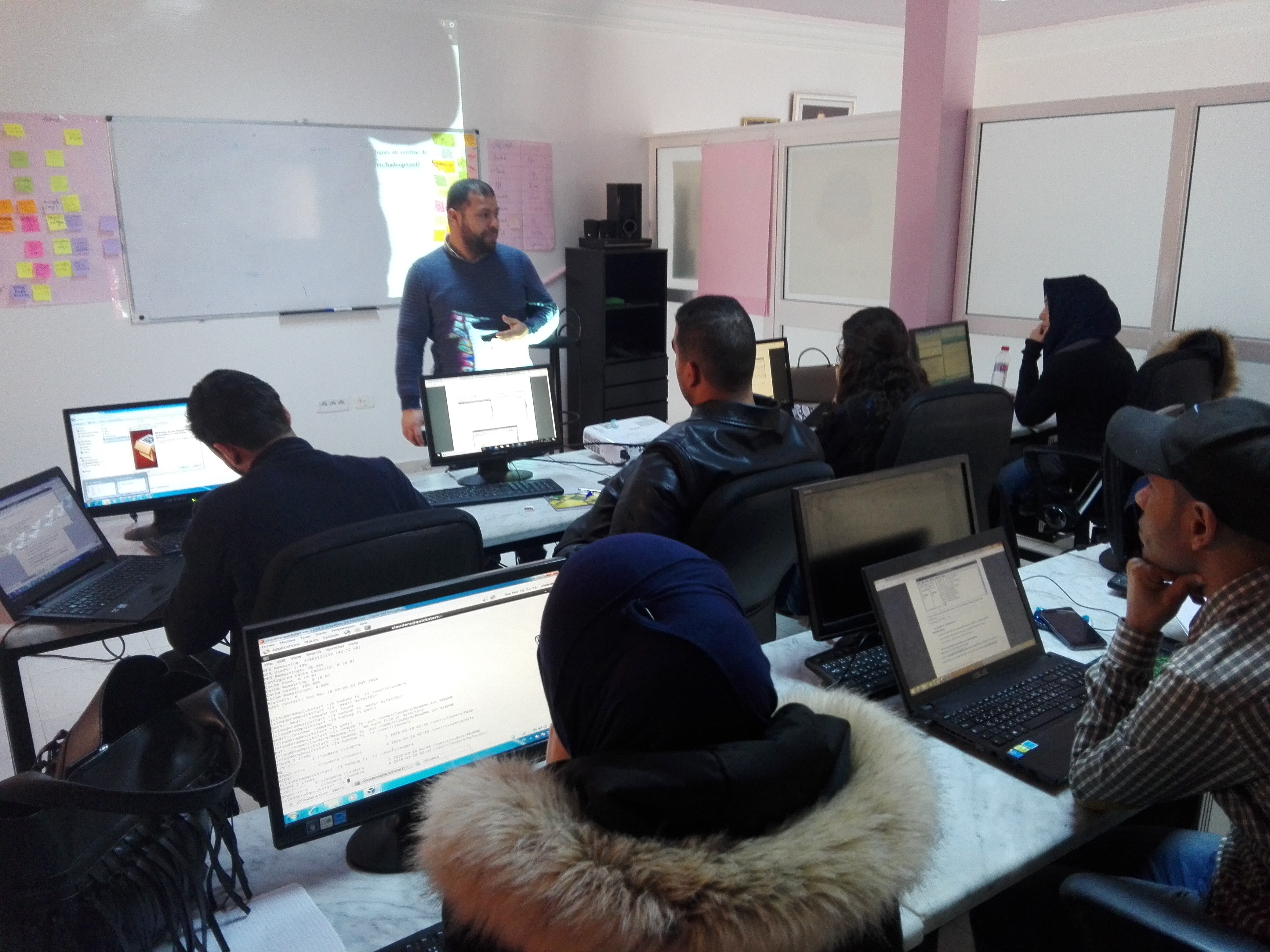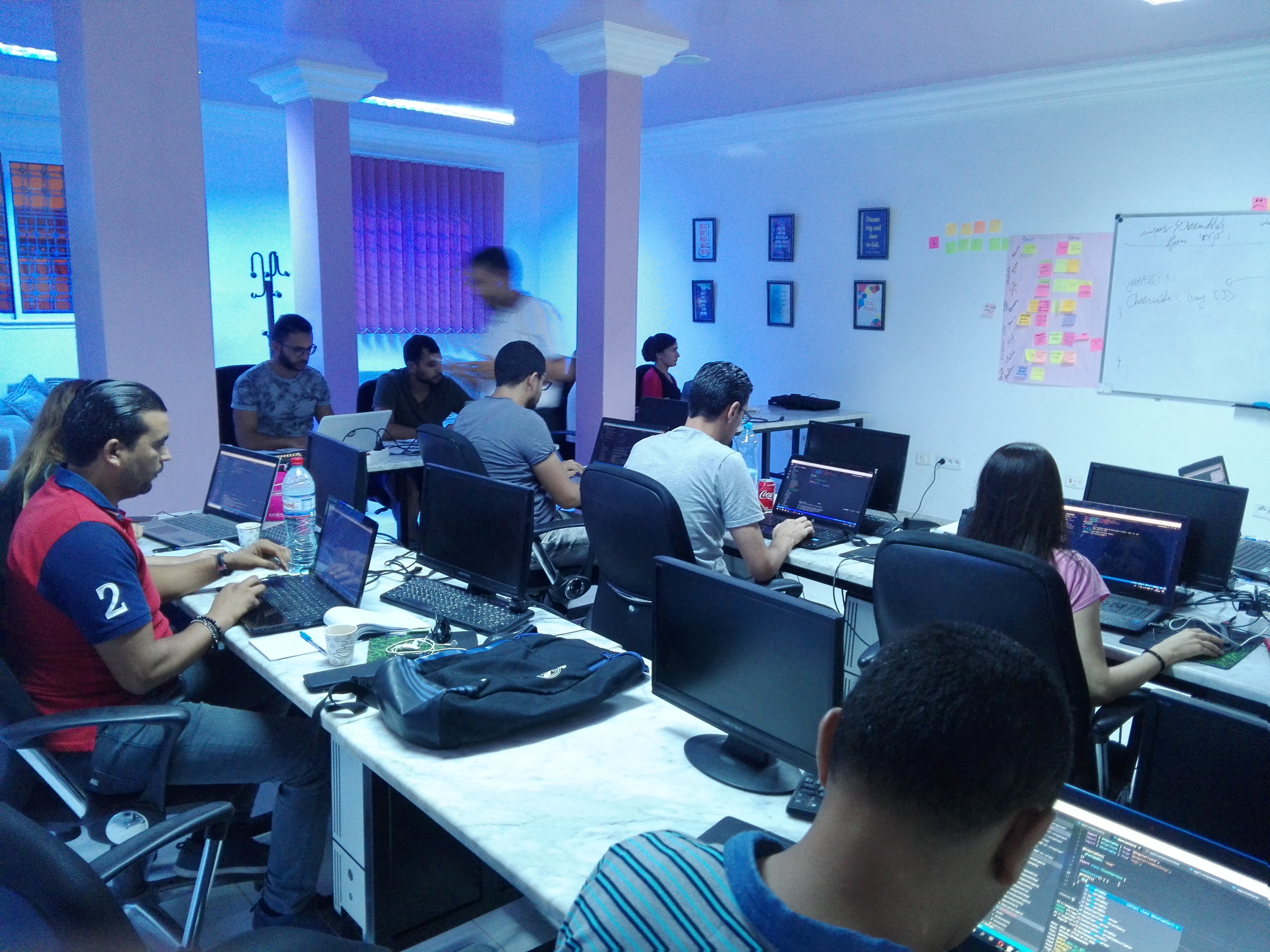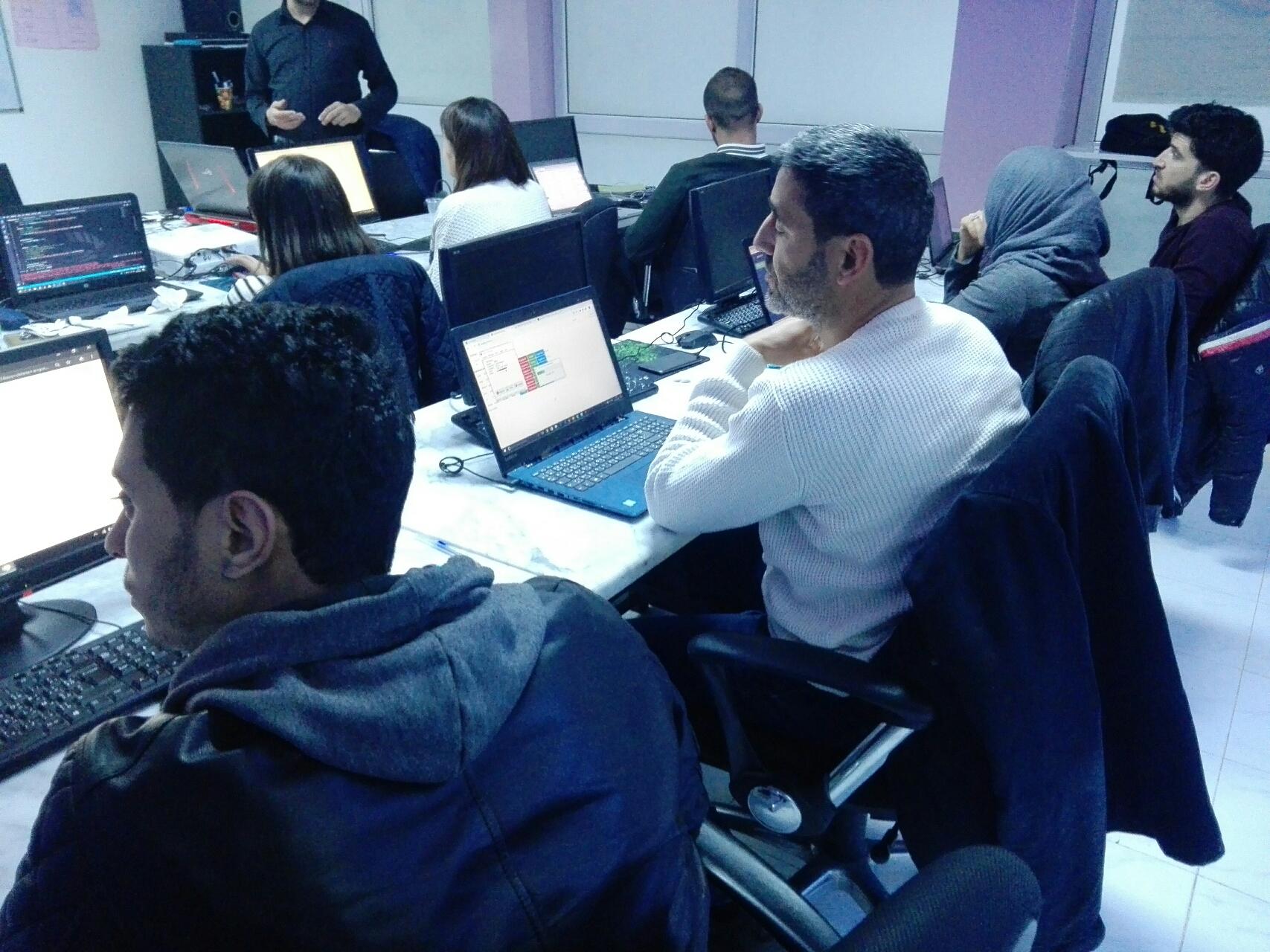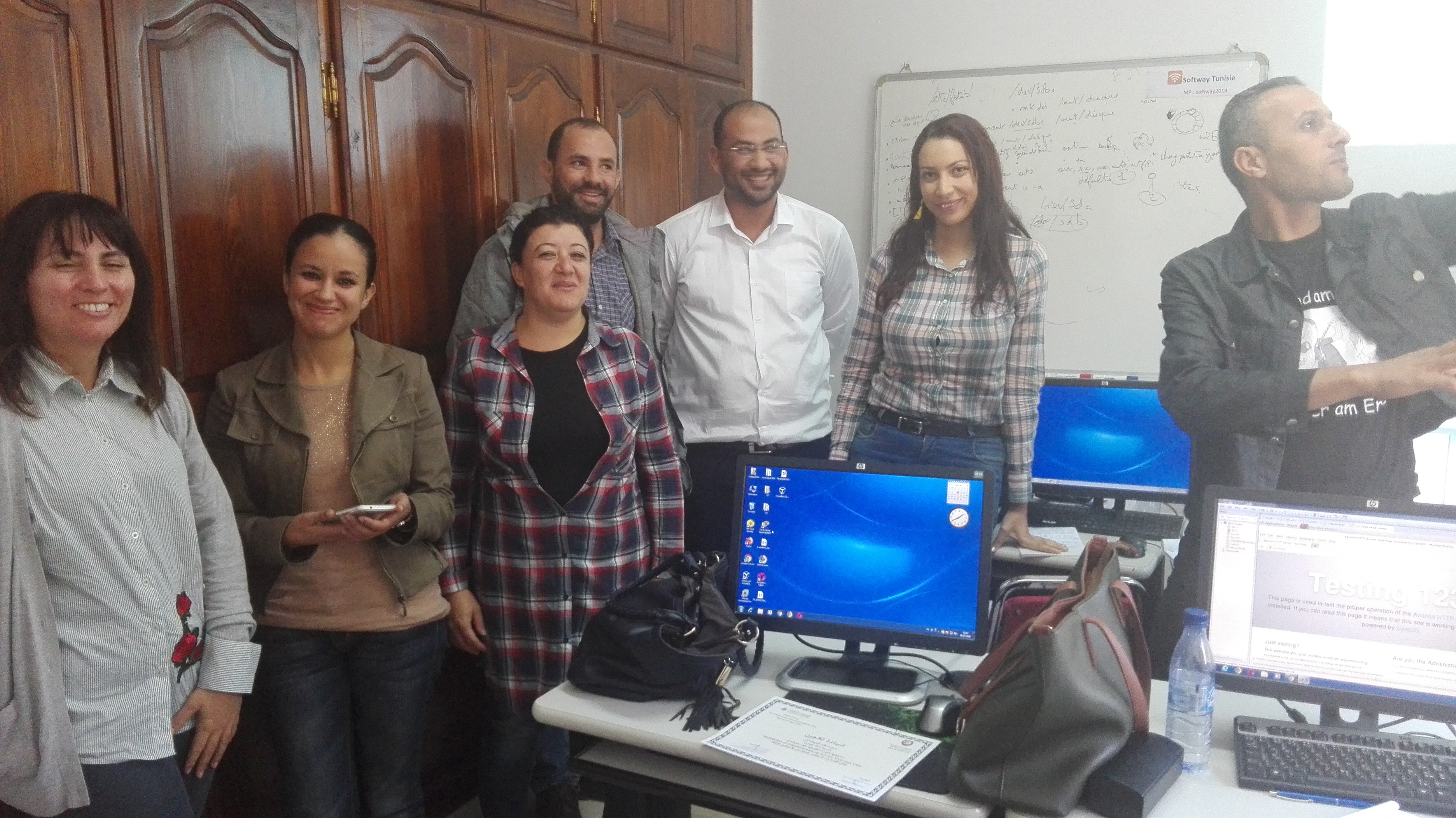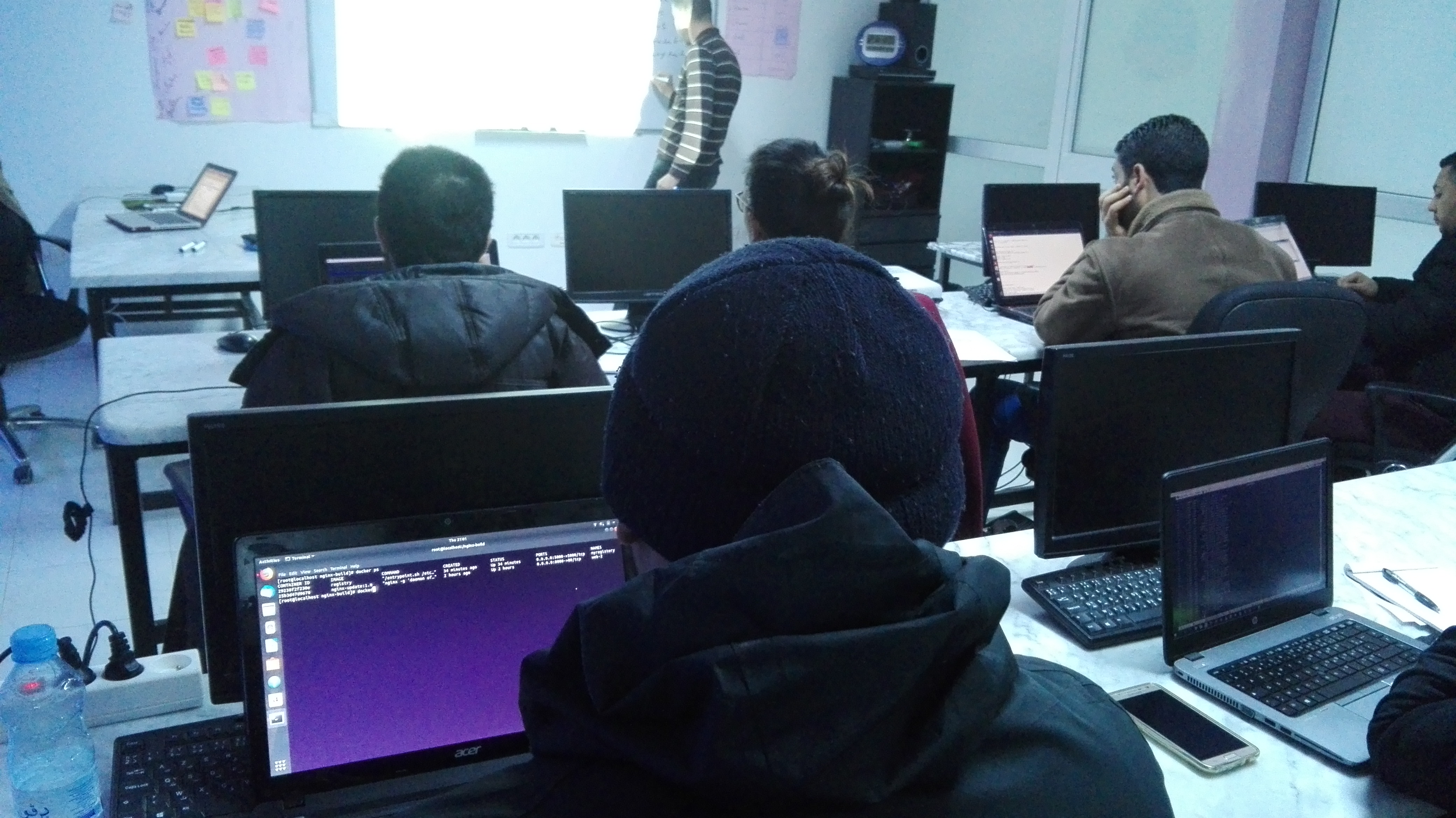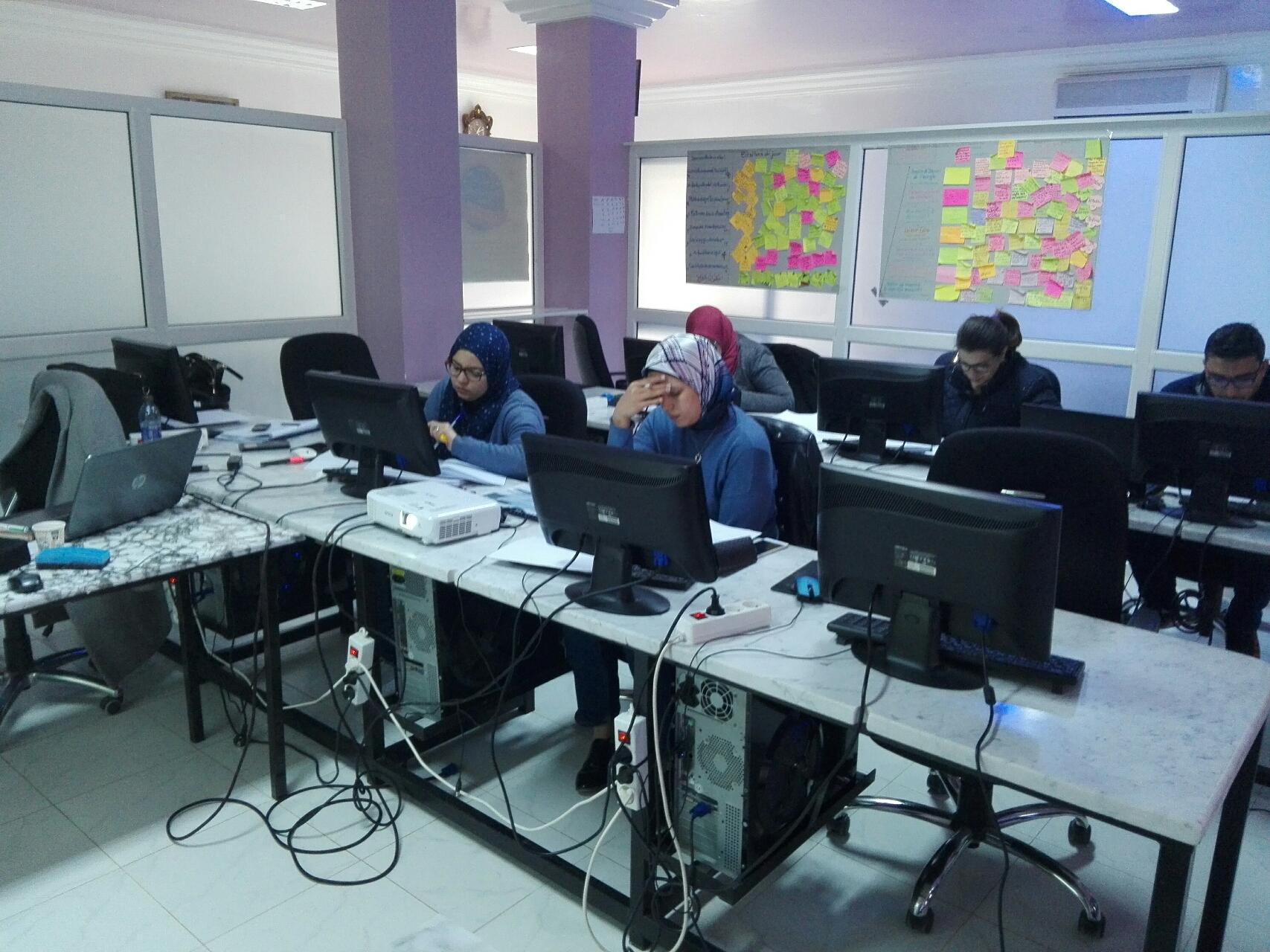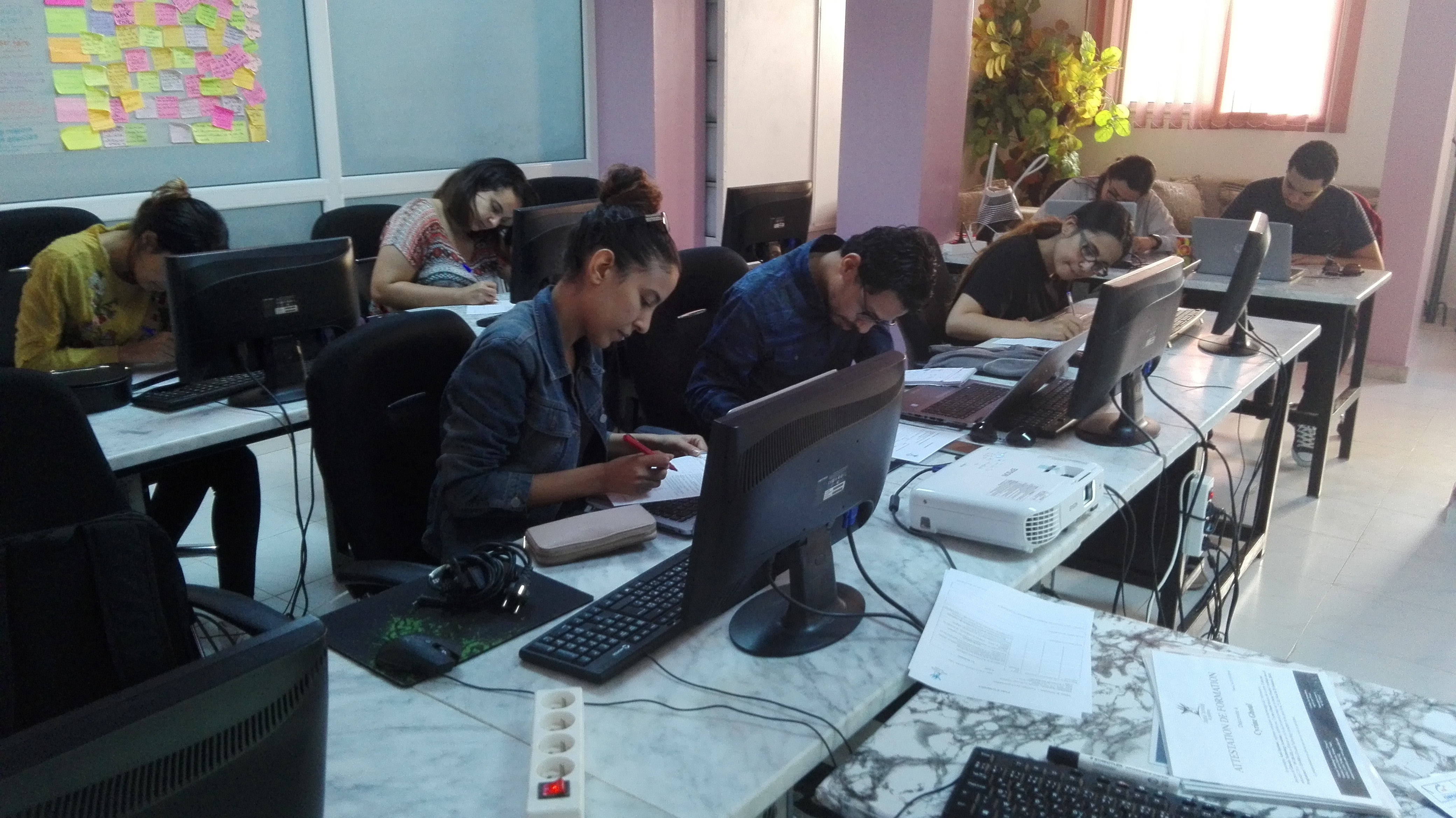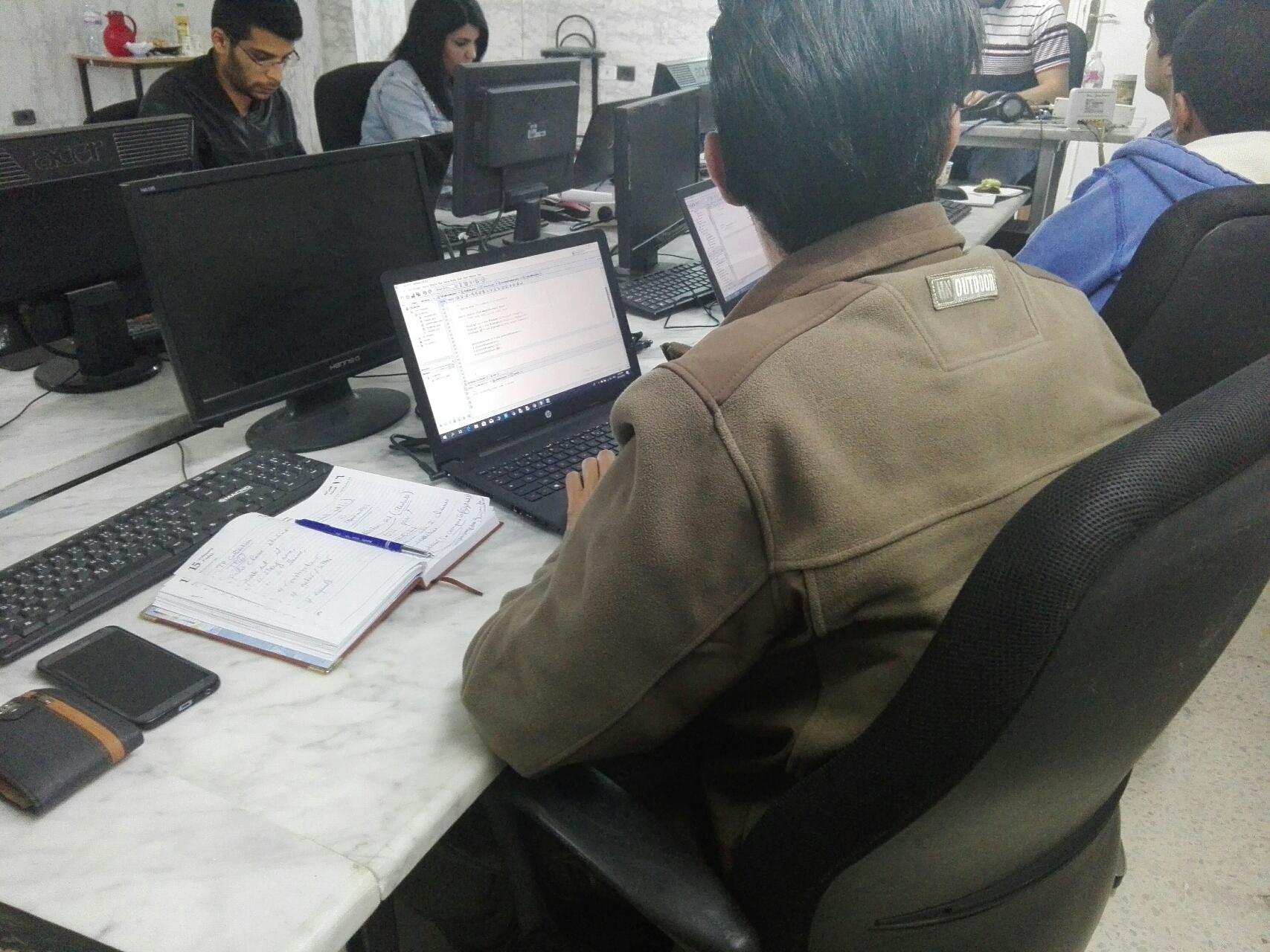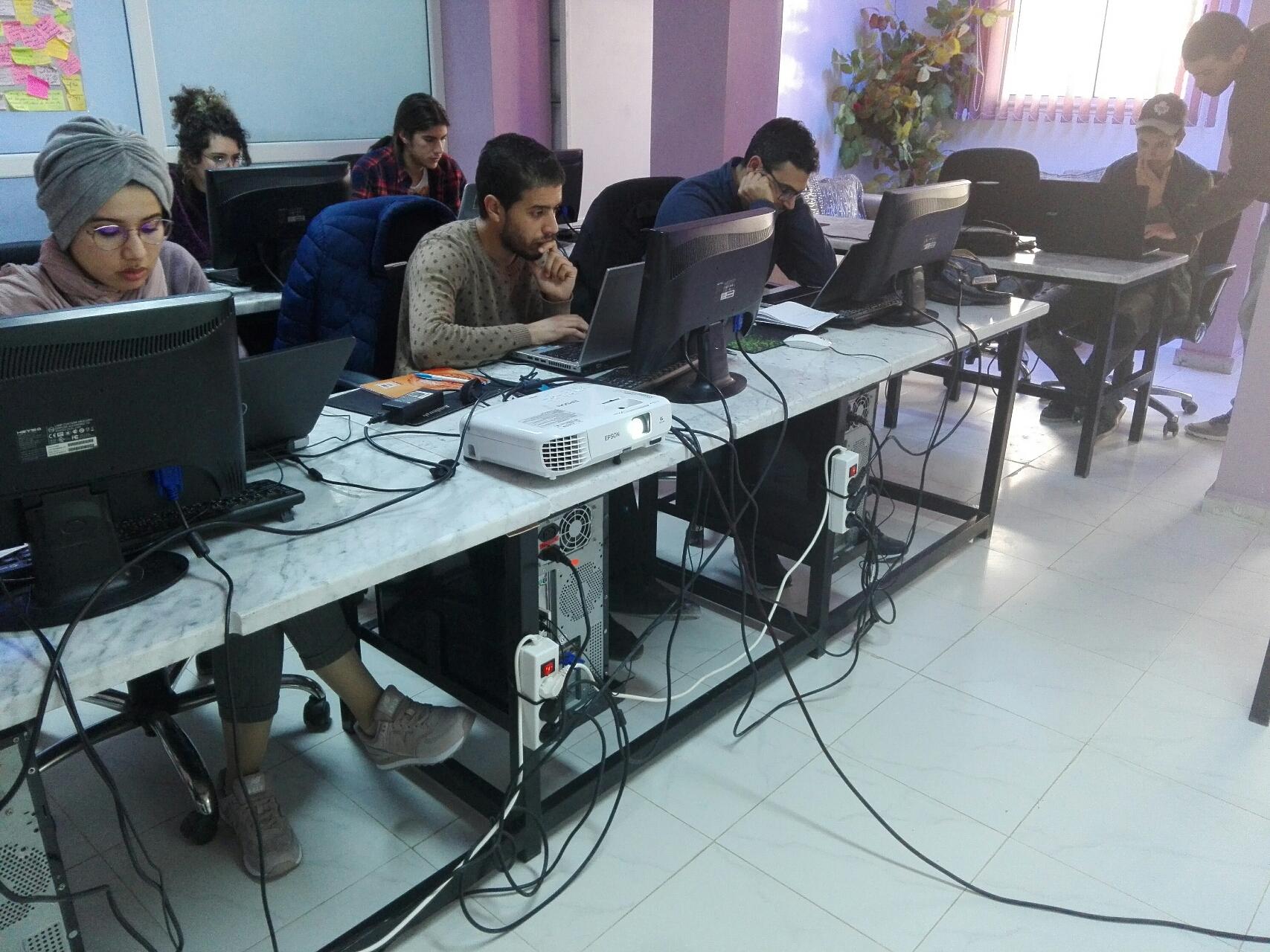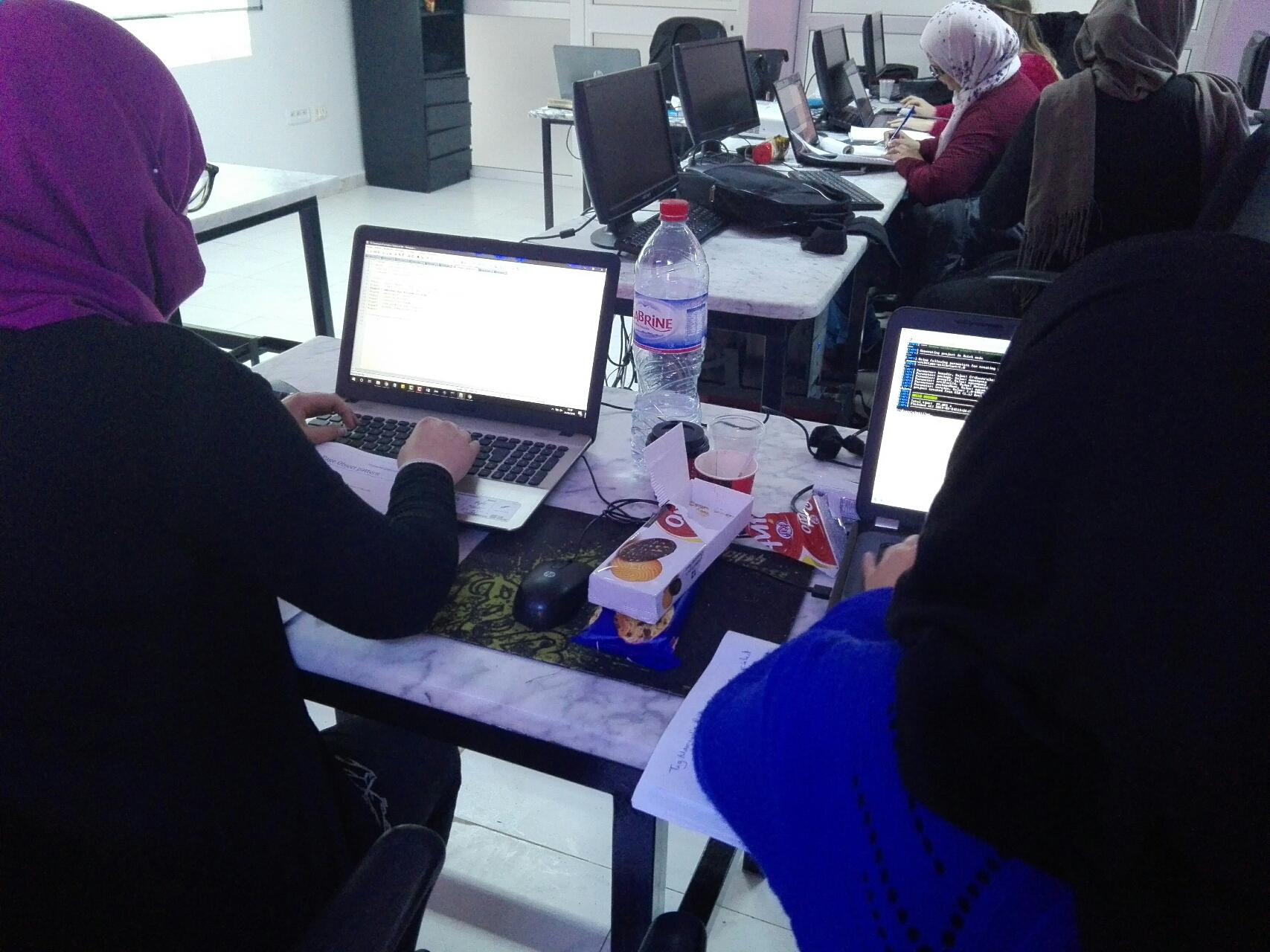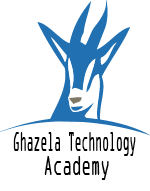Description
La Fondation Linux est la seule certification basée sur un examen de performance disponible dans toutes les principales distributions Linux: CentOS, Ubuntu et SUSE.
A l'obtention de cette certificaiotn ,vous allez démontrer à votre employeur que vous avez à la fois les compétences et les connaissances nécessaires d'un administrateur système linux professionel de haut niveau.
Lien du site officiel : tps://training.linuxfoundation.org/certification/lfcs
Volet pédagogique
- Essential Commands
- Operation of Running Systems
- User and Group Management
- Networking
- Service Configuration
- Virtualization
- Storage Management
Méthodes pédagogiques
On visera une alternance de 75% de travaux pratiques et 25% de cours théoriques.
Le support de cours sera fourni au format PDF accompagné d'un lien vers les supports numériques. Durant la formation, les exercices sont contrôlés et corrigés par le formateur.
Volet technologique
Outils et Technologies utilisés
Pré-requis
- Avoir travailler avec linux pour une année aux minimum
Plan de formation
Jour 1 : Introduction
Essential Commands - 25%
- Log into graphical and text mode consoles
- Search for files
- Evaluate and compare the basic file system features and options
- Compare, create and edit text files
- Compare binary files
- Use input-output redirection (e.g. >, >>, |, 2>)
- Analyze text using basic regular expressions
- Archive, backup, compress, unpack, and uncompress files
- Create, delete, copy, and move files and directories
- Create hard and soft links
- List, set, and change standard file permissions
- Read, and use system documentation
- Manage access to the root account
Operation of Running Systems - 20%
- Boot, reboot, and shut down a system safely
- Boot systems into different runlevels manually
- Install, configure and troubleshoot the bootloader
- Change the priority of a process
- Identify resource utilization by process
- Locate and analyze system log files
- Schedule tasks to run at a set date and time
- Verify completion of scheduled jobs
- Update software to provide required functionality and security
- Verify the integrity and availability of resources
- Verify the integrity and availability of key processes
- Change kernel runtime parameters, persistent and non-persistent
- Use scripting to automate system maintenance tasks
- Manage the startup process and services
- List and identify SELinux/AppArmor file and process contexts
- Configure and modify SELinux/AppArmor policies
- Install software from source
Jour 2
User and Group Management - 15%
- Create, delete, and modify local user accounts
- Create, delete, and modify local groups and group memberships
- Manage system-wide environment profiles
- Manage template user environment
- Configure user resource limits
- Manage user processes
- Configure PAM
Networking - 15%
- Configure networking and hostname resolution statically or dynamically
- Configure network services to start automatically at boot
- Implement packet filtering
- Configure firewall settings
- Start, stop, and check the status of network services
- Statically route IP traffic
- Dynamically route IP traffic
- Synchronize time using other network peers
Jour 3
Service Configuration - 10%
- Configure a basic DNS server
- Maintain a DNS zone
- Configure an FTP server
- Configure anonymous-only download on FTP servers
- Provide/configure network shares via NFS
- Provide/configure network shares via CIFS
- Configure email aliases
- Configure SSH servers and clients
- Configure SSH-based remote access using public/private key pairs
- Restrict access to the TP proxy server
- Configure an IMAP and IMAPS service
- Query and modify the behavior of system services at various run levels
- Configure an TP server
- Configure TP server log files
- Restrict access to a web page
- Diagnose routine SELinux/AppArmor policy violations
- Configure database server
Jour 4 & Jour 5
Virtualization - 5%
- Configure a hypervisor to host virtual guests
- Access a VM console
- Configure systems to launch virtual machines at boot
- Evaluate memory usage of virtual machines
- Resize RAM or storage of VMs
Storage Management - 10%
- List, create, delete, and modify storage partitions
- Create, modify and delete Logical Volumes
- Extend existing Logical Volumes and filesystems
- Create and configure encrypted partitions
- Configure systems to mount file systems at or during boot
- Configure and manage swap space
- Add new partitions, and logical volumes
- Assemble partitions as RAID devices
- Configure systems to mount standard, encrypted, and network file systems on demand
- Create and manage filesystem Access Control Lists (ACLs)
- Diagnose and correct file permission problems
- Setup user and group disk quotas for filesystems
Nous contacter sur le 27 862 155 , 54 828 018, 71 866 142
Durée :
5 jours
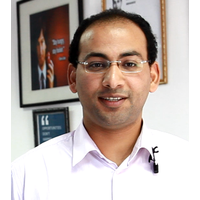
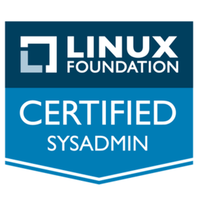
 Vues
Vues 
